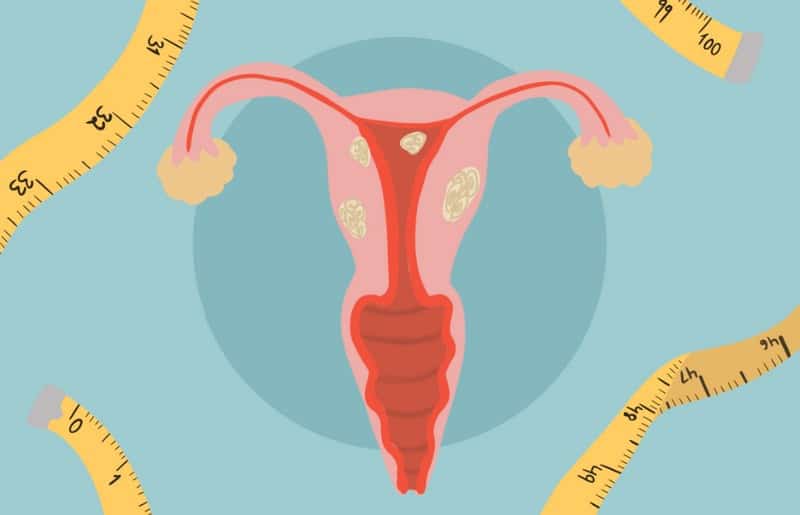The uterus is a small, pear-shaped organ located in the pelvis. It is responsible for housing and nurturing a developing fetus during pregnancy. The average uterus is about the size of a fist, but it can enlarge to several times its average size during pregnancy. An enlarged uterus is usually nothing to worry about and is often simply a result of the extra blood and fluid accumulated during pregnancy. However, in some cases, an enlarged uterus can signify a more severe condition, such as uterine cancer or fibroids.
Symptoms of an enlarged uterus can include pelvic pain, difficulty urinating, or abnormal bleeding. Pharmacological treatments typically involve taking medications formulated to shrink the size of the uterus. These may consist of birth control tablets and intrauterine devices containing progesterone. In addition, pharmacologic interventions can reduce the frequency of symptoms, including excessive menstrual bleeding. On the other hand, non-pharmacological treatments can consist of things like acupuncture or surgery.
In most cases, an enlarged uterus will not cause any long-term problems and will eventually return to its average size after delivery. However, there are some things that you can do to help prevent enlarged uteruses from developing in the first place, including maintaining a healthy weight, exercising regularly, and avoiding tobacco use. Here are various causes of an enlarged uterus.
Uterine Fibroids

Uterine fibroids are benign or non-cancerous growths that develop in the uterus. They are also known as uterine leiomyomas or myomas. Fibroids can vary significantly in size; some are so small that they can barely be detected, while others can grow to the size of a melon.
Fibroids can cause several different symptoms, depending on their size and location. They may cause pelvic pain, heavy bleeding during menstruation, and difficulty urinating. They may also lead to fertility problems. Some women may develop large fibroids, resulting in the uterus growing ten times its standard size. This condition is referred to as bulk symptoms. A patient may feel like she is pregnant and experience urinary symptoms and constipation.
Women who suspect uterine fibroids must undergo an ultrasound to confirm their condition. In addition, an MRI may be prescribed to determine the size and location of the fibroids. In most cases, fibroids do not require treatment. However, if they are causing symptoms or affecting fertility, there are several different treatment options available. These include medication, surgery, and uterine embolization, a medical procedure designed to block the blood supply to the fibroids.










